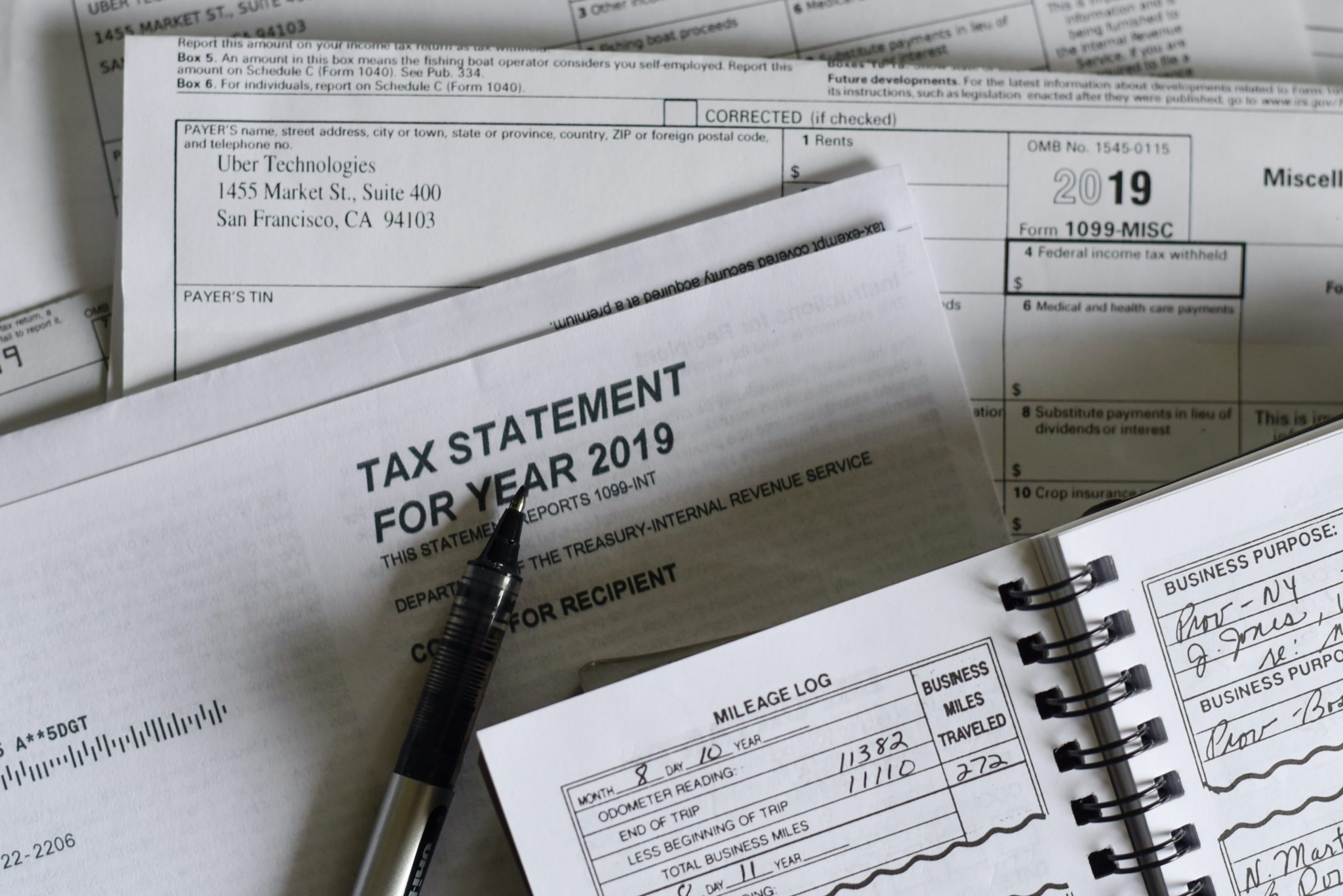What to Know About Joe Biden’s Tax Policy

The 2020 election is fast approaching, making now the time to educate yourself about the candidates and what they offer. You should, of course, do so at the federal, state and local levels, since all the layers of government play a role in your daily life. There’s no question, however, that this year all eyes are firmly glued to the presidential race in particular. Many voters have concerns about how the candidate’s tax plans and policies will affect their checkbook.
Table of Contents
The 2020 election is fast approaching, making now the time to educate yourself about the candidates and what they offer. You should, of course, do so at the federal, state and local levels, since all the layers of government play a role in your daily life. There’s no question, however, that this year all eyes are firmly glued to the presidential race in particular. Many voters have concerns about how the candidate’s tax plans and policies will affect their checkbook.
Economic and tax plans are complicated, however, and it can prove difficult to wade through them and understand what they really mean for you. To make it simpler, here is an overview of what you need to know about the Biden tax plan.
Income Tax Rates

No one wants to see their income taxes go up, and Biden has promised that yours won’t if you make less then $400,000 per year.
Those in the top tax bracket, however, would pay more income tax under the Biden tax policy. The tax rate for the top bracket would increase from the current 37% to 39.6% under the plan.
There is a precedent for this income tax level. The 2017 Tax Cuts and Jobs Act lowered the tax rate in the highest tax bracket from 39.6% to 34%. Biden’s plan would reverse this change, restoring the tax to the same level as 2017.
Tax Rates for Capital Gains and Dividends
To encourage investment activities, the capital gains tax has historically been taxed at a lower rate than income. Under Biden’s proposed plan, this would change for those who make more than $1 million in a year. If you meet the $1 million dollar income threshold, your could have to pay the higher income tax rate on your capital gains and dividends.
Itemized Deductions
Come tax time, most taxpayers file their tax return using the standard deduction. Only about 30% of filers itemize their deductions, and most of them are high-income earners. The Biden tax plan would cap these itemized deductions at 28%.
Payroll Taxes
Under the current system, wage earners stop paying social security tax when their income for the year reaches $137,000. Biden proposes removing this cap as a way to secure further funding for the social security system.
Tax Credits
This is a tricky one. The Biden tax policy expands tax credits for renewable energy. He’s also proposing a child tax credit of $8,000 per child for families who make up to $400,000. The IRS would pro-rate this credit, with some families receiving only a portion of the credit depending on their income level. Biden also plans to expand the Earned Income Tax Credit and encourage tax breaks for businesses that start a 401(k) plan.
Economists warn, however, that increases in business and corporate taxes under Biden’s tax plan could eclipse any tax credits. It’s estimated that labor would bear 20% of the increase in corporate costs, potentially negating these tax credits.
Corporate Tax Rates

If adopted, Biden’s tax policy would increase the taxes paid by corporations. He recommends lifting the corporate tax rate from 21% to 28%. He also supports a minimum corporate tax of 15%. Currently, many corporations making over $100 million per year sometimes use legal tax loopholes to avoid paying income tax. The 15% minimum corporate tax strives to eliminate this.
International Income
Investors in the United States are free to invest where they choose, and that includes making investments overseas. Biden wishes to reduce the tax benefits of investing abroad by doubling the Global Intangible Low Tax Income. He proposed doing so by setting a limit on tax breaks for foreign investors.
Estate Planning
This is another tricky one. Ordinarily, you pay capital gains on the profits when you sell a stock. To determine the amount of gain, you subtract what you paid for the stock (your basis) from what you got when selling the stock.
If you are holding stocks when you die, they’re transferred to your heirs. Your heirs basis in the stock, however, is the amount it was worth when they received it from you. A a result, no one pays taxes on the gains you made while you held the stock. This is called a step-up provision.
Biden would like to eliminate the step-up basis. This would require your heirs to pay taxes on ALL the gains when a stock sells rather than just their portion, preventng large amounts of tax-free wealth transfers via stocks.
Other Tax Policies
The Biden tax policy also makes some miscellaneous changes. He proposes minimizing tax havens for outsourcing, cutting tax deductions for prescription drug advertisements and improving retirement distribution plans. The plan also proposed securing more funding for the Highway Trust Fund.
Want to Know More?
If you want to know more about certain aspects of the tax plan or about the proposal overall, you can view it on Joe Biden’s website. When tax season comes around, you can also book an appointment with a Picnic Tax accountant to make sure you fully understand how the future president’s tax policy will affect your taxes. Learn more about how Picnic Tax can help here.